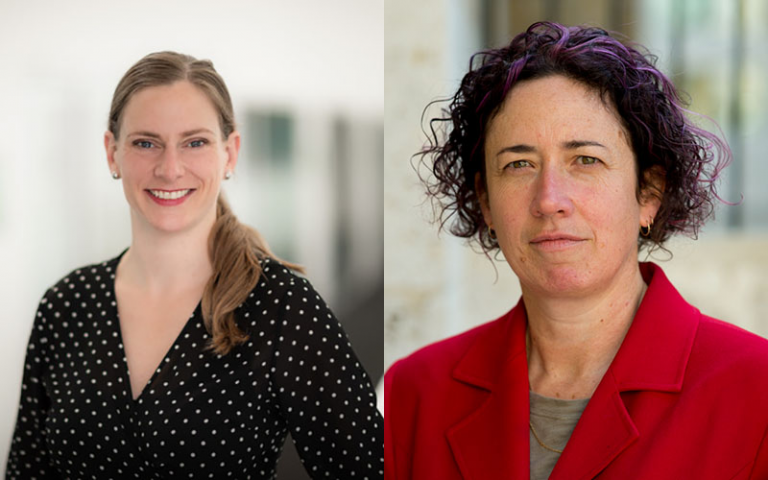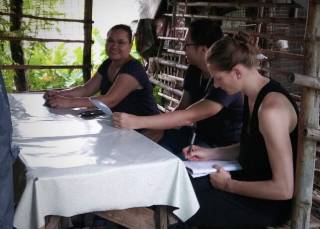IIPP joins forces with UCL Division of Biosciences to tackle the arsenic crisis in Bangladesh
17 February 2020
IIPP Head of Teaching Dr Kate Roll and UCL Microbiology Professor Joanne Santini announce win of pump-priming grant for a new project to map and address the ‘wicked problem’ of arsenic poisoning in Bangladesh.

An exciting new cross-departmental collaboration is set to address a real-world issue: arsenic poising in Bangladesh.
Described by the World Health Organization (WHO) as “the largest mass poisoning of a population in history,” it has been estimated to be responsible for at least 68,000 deaths per year as well as an estimated US$6-20 billion loss in GDP from arsenic-attributable deaths over the next 20 years.
However, despite the wide recognition of this problem and activity by civil society organisations, the government’s response to the problem has had limited effectiveness.
Mapping the ‘Wicked Problem’ of Arsenic Poisoning in Bangladesh
The grant, funded by UCL Grand Challenges, will enable team leads Professor Joanne Santini and Dr Kate Roll to build a holistic understanding of the factors determining arsenic contamination in Bangladesh and the on-going policy failure through their project, titled “Mapping the ‘Wicked Problem’ of Arsenic Poisoning in Bangladesh.”
Using our research and work in mission-oriented policy and systems change, IIPP is excited for the opportunity to demonstrate how more joined-up policy-making approaches offer the real chance for change.

The outputs of the workshop will produce preliminary stakeholder and systems maps, helping to establish the strong partnerships and knowledge base needed to begin this work and develop a successful bid for further funding.
Looking forward, through a collaborative research approach, Dr Roll and Professor Santini hope that their work will help development partners, multi-lateral agencies and the government of Bangladesh design more effective policies and interventions that will enable Bangladesh to achieve major Sustainable Development Goals (SDGs) targets related to water and sanitation.
IIPP Head of Teaching Dr Kate Roll said of the news,
This work presents a tremendous opportunity to bring together specialists in microbiology, public health and public policy and to begin to map – and challenge – the dynamics that make arsenic poisoning such an intractable problem in Bangladesh.
UCL Division of Microbiology Professor Joanne Santini added,
About 1/3 of the population of Bangladesh are exposed to arsenic in their drinking water. To solve this mass poisoning, we need to take a truly transdisciplinary approach. I am very much looking forward to working with Dr Kate Roll on this project.
If you are currently working on this issue and would like to get involved with the project, please contact k.roll@ucl.ac.uk for more information.
 Close
Close

